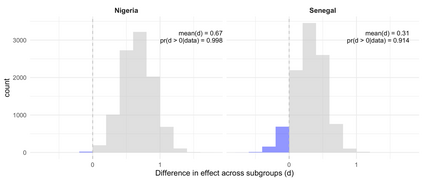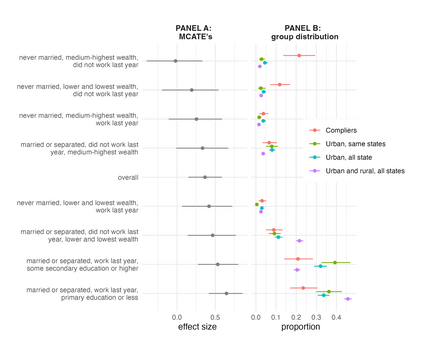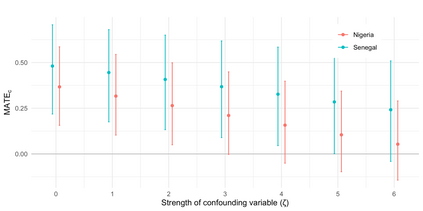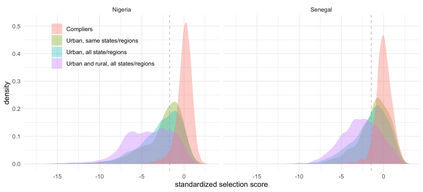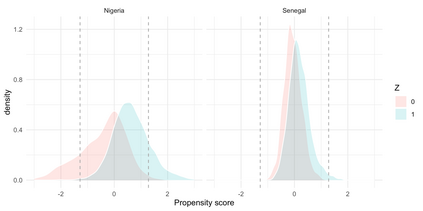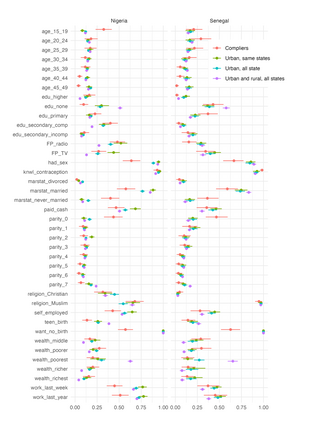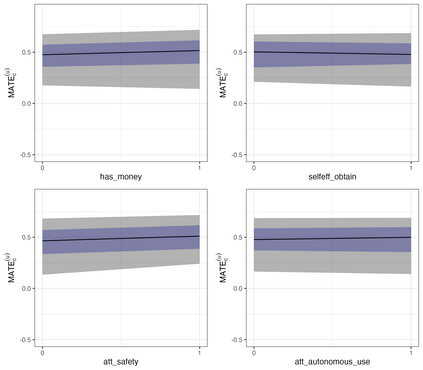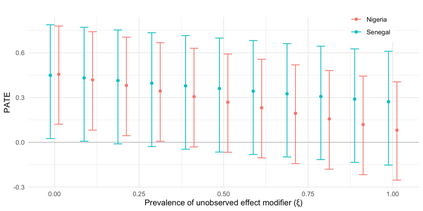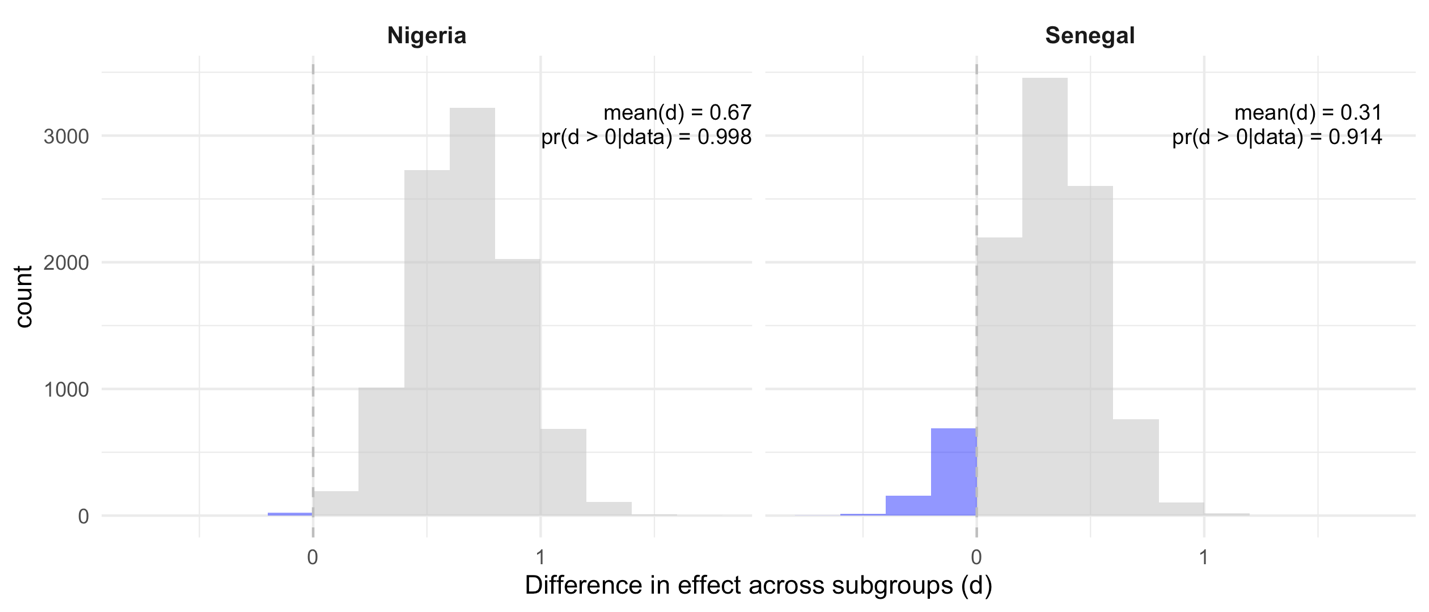There is interest in learning about the causal effects of family planning (FP) on empowerment-related outcomes. Data related to this question are available from studies in which FP programs increase access to FP, but such interventions do not necessarily result in uptake of FP. In addition, women impacted by such programs may differ systematically from target populations of interest in ways that alter the effect of FP. To assess the causal effect of FP on empowerment-related outcomes, we developed a 2-step approach. We use principal stratification and Bayesian Additive Regression Trees (BART) to non-parametrically estimate the effect in the source population among women affected by a FP program. We generalize the results to a broader population by taking the expectation of conditional average treatment effects from the selective sample over the covariate distribution in the target population. To estimate (uncertainty in) the covariate distribution from survey data with a complex sampling design, we use a Bayesian bootstrap (BB). We apply the approach to estimate the causal effect of modern contraceptive use on employment among urban women in Nigeria and Senegal and find strong effects and effect heterogeneity. Sensitivity analyses suggest robustness to violations of assumptions for internal and external validity.
翻译:暂无翻译

